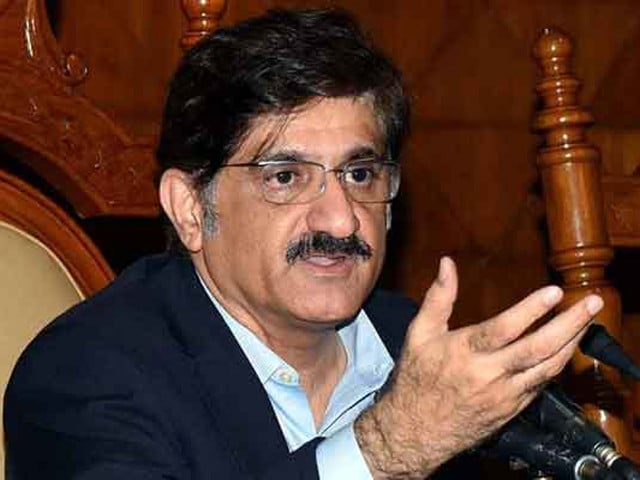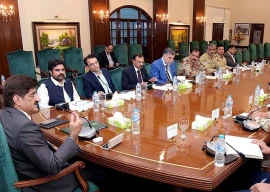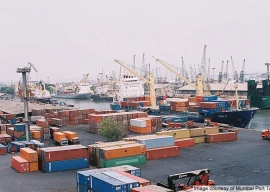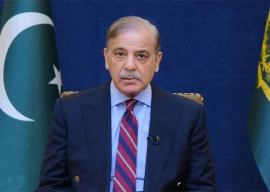
Sindh Chief Minister Murad Ali Shah has accused the Federal Board of Revenue (FBR) of blaming the agriculture sector for covering up its own failures in tax collection.
Speaking in the Sindh Assembly, he reiterated that Prime Minister Shehbaz Sharif himself acknowledged FBR’s deep-rooted corruption.
"FBR has failed in multiple areas, and now it is blaming agriculture for tax evasion," Murad Ali Shah said. He highlighted that Sindh Revenue Board (SRB) has consistently met its tax collection targets, whereas FBR has struggled.
He further noted that the agriculture tax has been in place for the past 30 years, but in May last year, the federal government proposed that FBR take over its collection.
Sindh Chief Minister Murad Ali Shah said, "FBR is a hub of corruption, and it's not just me saying this—even the Prime Minister has admitted it. Federal taxes include a share for the provinces, yet FBR, to hide its own failures, claimed that the agricultural sector does not pay taxes."
He added, "This narrative kept spreading, and then the IMF said, 'Tax agriculture.' After discussions, we were informed about this demand, but we refused to accept it. We made it clear—this is a provincial matter, and FBR will not collect this tax."
Sindh Chief Minister Murad Ali Shah said, "When the IMF agreement was being finalised, we were given just two to three days to review it. We sent our team and expressed our concerns. We have to consider—if our farmers are unable to cultivate crops, then where will we get our food from?"
He added, "My family owns thousands of acres of land, but after the construction of a dam, it is no longer cultivable. Even if I wanted to sell it, no one would buy it. This highlights the importance of water. We made it clear that implementing this tax in haste would create problems. Initially, it was supposed to be enforced from January 2025, then we were told it had to be approved by 30 September."
Murad Ali Shah continued, "A few days ago, we were informed that the IMF team was not coming. If they don’t come, the agreement collapses, and that would impact the entire country. We didn’t want to be the reason for the agreement’s failure. Khyber Pakhtunkhwa and Punjab had already passed the bill, and Balochistan’s cabinet approved it as well. First, they approved it elsewhere, and then they put a gun to our heads, demanding we approve it too."
Criticising the federal government's handling of taxation, he stated, "The federal government should not treat provinces this way. My ministers and I, as well as many others, pay our taxes regularly. In fact, we pay more than those who find loopholes to avoid taxation. Taxes are necessary, but they must be improved and structured properly. We have distinguished between population and land-based taxation. No government enjoys imposing taxes, but they are essential for running the system."
He concluded by stating, "Salaried individuals contribute the highest amount in taxes."
Meanwhile, the Sindh cabinet has approved the Agricultural Income Tax Bill 2025, which has come into effect from January.
The new tax law excludes livestock and shifts collection from the Board of Revenue (BoR) to the Sindh Revenue Board (SRB).
Sindh Chief Minister Murad Ali Shah stated that in case of natural disasters, tax adjustments would be made.
Landowners who conceal their cultivated land will face penalties, while small agricultural companies will be taxed at 20% and larger firms at 28%.
Under the bill, farmers earning up to Rs150 million annually will remain exempt.
Those earning between Rs150 million and Rs200 million will pay 1% tax, while higher income brackets will face rates up to 10% for earnings exceeding Rs500 million.
The Sindh cabinet noted that implementing the tax could lead to increased prices for vegetables, wheat, and rice.



























COMMENTS
Comments are moderated and generally will be posted if they are on-topic and not abusive.
For more information, please see our Comments FAQ